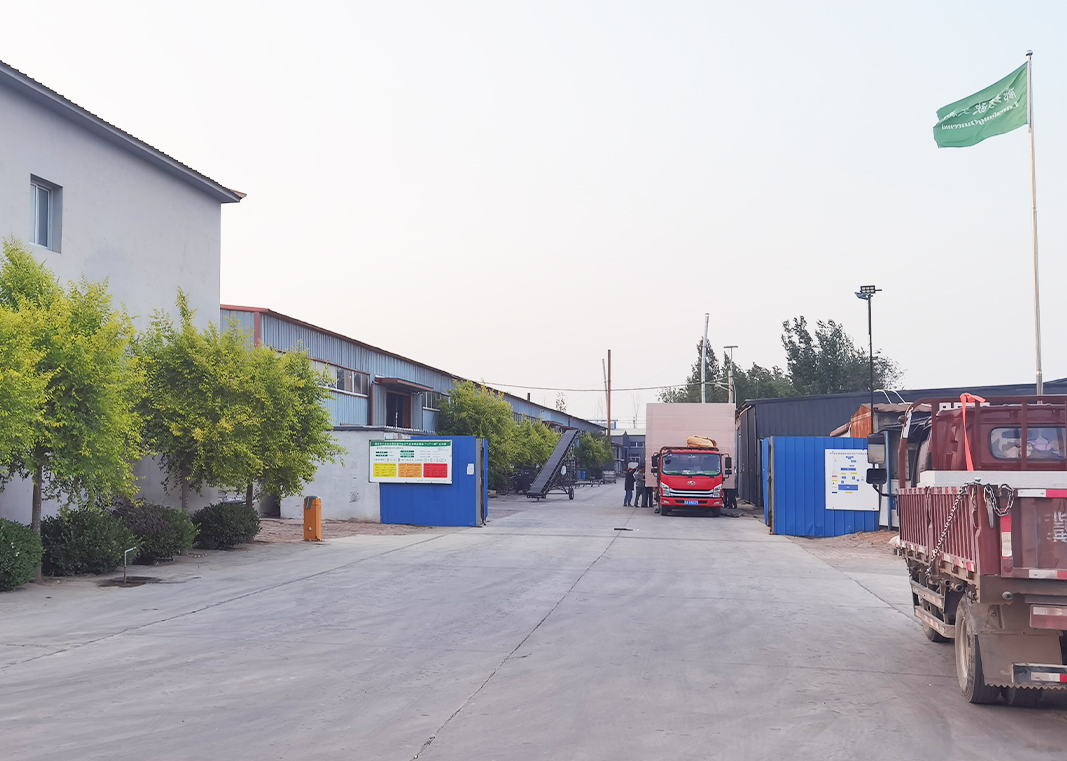
Dec . 25, 2024 17:22 Back to list
Suppliers of Nanosized Titanium Dioxide for Various Industrial Applications and Innovations
Nanosized Titanium Dioxide Suppliers A Comprehensive Overview
In recent years, the demand for nanosized titanium dioxide (TiO2) has surged across various industries, including cosmetics, food, pharmaceuticals, and environmental applications. This remarkable material, known for its photocatalytic properties and UV-blocking capabilities, has become essential in manufacturing processes and product formulations. As a result, the market for nanosized titanium dioxide suppliers has grown significantly. This article aims to explore the key players in the industry, the properties and applications of nanosized TiO2, and the factors driving its market growth.
Understanding Nanosized Titanium Dioxide
Nanosized titanium dioxide refers to titanium dioxide particles that are typically less than 100 nanometers in diameter. At this scale, TiO2 exhibits unique physical and chemical properties that differ from its bulk counterparts. These properties include increased surface area, higher reactivity, and superior UV absorption capabilities. Nanosized TiO2 is primarily produced through different synthesis methods such as sol-gel processes, hydrothermal synthesis, and flame pyrolysis.
Applications of Nanosized Titanium Dioxide
1. Cosmetics and Personal Care Nanosized titanium dioxide is widely used in sunscreens and cosmetic formulations due to its excellent UV filtration properties. It provides broad-spectrum protection against UVA and UVB rays, making it a popular choice for skincare products. Moreover, the nanoscale dimension ensures a transparent finish on the skin, making it aesthetically appealing.
2. Food Industry In the food sector, nanosized titanium dioxide serves as a food additive for its whitening and anti-caking properties. It is used in various products, including confectionery and sauces. However, the usage of titanium dioxide in food products has sparked debates regarding safety, leading to stricter regulations in many countries.
3. Environmental Applications The photocatalytic properties of nanosized TiO2 make it invaluable in environmental remediation efforts. It is used for air and water purification, where it helps to break down pollutants and harmful compounds when exposed to light. This application not only aids in waste management but also promotes sustainable practices in industries.
4. Pharmaceuticals Nanosized TiO2 is being explored for drug delivery systems and medical applications. Its biocompatibility and ability to enhance the solubility of poorly soluble drugs make it an exciting subject for research in pharmaceutical sciences.
Key Suppliers of Nanosized Titanium Dioxide
nanosized titanium dioxide suppliers

The market for nanosized titanium dioxide features several prominent suppliers, each offering unique products tailored to specific applications. Some of the leading suppliers include
1. Evonik Industries A global leader in specialty chemicals, Evonik produces high-purity titanium dioxide nanoparticles used in coatings, plastics, and cosmetics. Their commitment to research and development enables them to innovate continuously, enhancing the functionality of their products.
2. BASF SE BASF is one of the largest chemical producers in the world and offers a range of nanosized TiO2 products. Their expertise in materials science allows them to develop customized solutions for various sectors, including automotive and construction.
3. Cristal (Saudi Arabian Mining Company) Cristal is a major titanium dioxide producer with a strong focus on sustainable practices. Their nanosized TiO2 products find extensive application in coatings, inks, and plastics.
4. Huntsman Corporation Specializing in advanced materials, Huntsman produces high-performance nanoparticles, including nanosized titanium dioxide. Their products are designed to enhance durability and performance in coatings and other applications.
5. NanoChemistry A pioneering company in nanotechnology, NanoChemistry offers a diverse portfolio of nanosized TiO2 products. They focus on research-driven solutions that cater to the unique needs of their clients.
Market Growth and Trends
The market for nanosized titanium dioxide is propelled by several factors, including increasing consumer awareness regarding UV protection, a growing emphasis on sustainable practices, and advances in nanotechnology. Furthermore, regulations concerning the use of traditional titanium dioxide in specific applications, particularly in food and cosmetics, are driving demand for safer, nanosized alternatives.
In conclusion, the market for nanosized titanium dioxide suppliers is flourishing, with significant contributions from various industries seeking innovative solutions. As technology continues to evolve, the versatility and functionality of nanosized TiO2 will likely be key drivers in the development of future products, solidifying its position as an indispensable material in numerous applications. With both challenges and opportunities ahead, suppliers in this dynamic market must remain agile and responsive to emerging trends and consumer needs.
-
Premium 6618 Titanium Dioxide for GPT-4 Turbo Applications
NewsJul.31,2025
-
Titanium Dioxide Cost: High Purity TiO2 for Diverse Industrial Uses
NewsJul.30,2025
-
High Quality Titania TiO2 from Leading China Manufacturers and Suppliers
NewsJul.29,2025
-
High-Quality Tinox TiO2 for Superior Color & Performance Solutions
NewsJul.29,2025
-
High Quality Titania TiO2 from Leading China Supplier & Manufacturer
NewsJul.29,2025
-
High-Performance r6618 TiO2 for Superior Whitening and Versatility
NewsJul.28,2025
